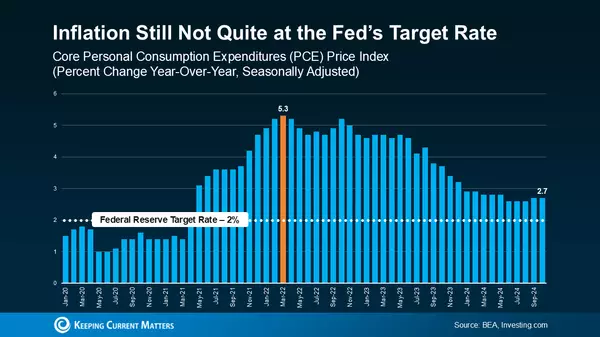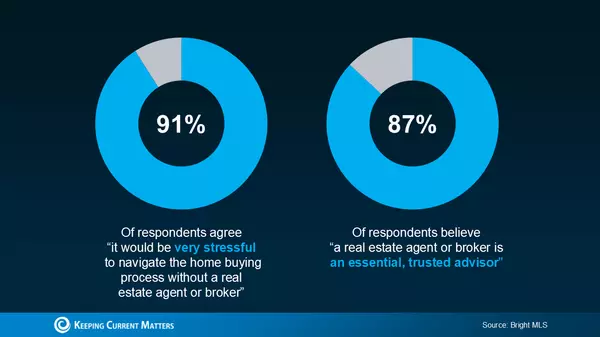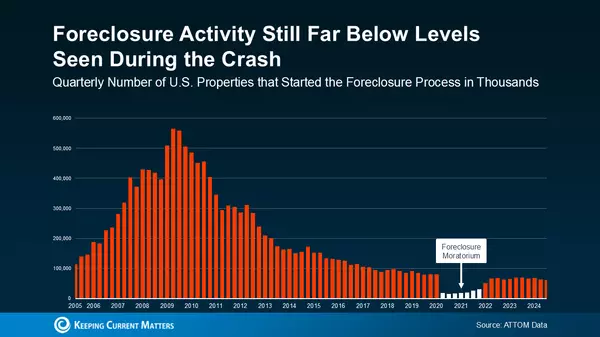Closing Costs Explained
Closing Costs Explained
Buying a home is an exciting time, but it can also be overwhelming. There are so many things to consider, and one of the most important is closing costs. In this blog post, we will explain what closing costs are, who pays them, and how to estimate them.
What are Closing Costs?
Closing costs are fees that are paid at the end of the home buying process. They are separate from your down payment, and they can vary from transaction to transaction. Closing costs cover a range of expenses, including:
- Lender fees: These fees include things like application fees, underwriting fees, and appraisal fees.
- Title fees: These fees cover the cost of the title search, title insurance, and other related expenses.
- Attorney fees: You may need to hire an attorney to help with the closing process.
- Government fees: These fees include things like recording fees, transfer taxes, and prepaid property taxes.
- Home inspection fees: If you choose to have a home inspection, you will need to pay for that as well.
- Other fees: There may be other fees associated with your specific transaction, such as homeowner association fees or loan origination fees.
Who Pays Closing Costs?
Typically, the buyer is responsible for paying closing costs. However, in some cases, the seller may agree to pay a portion of the closing costs. This can be negotiated during the home buying process. In addition, some lenders may offer to roll the closing costs into the overall loan amount, which means that you would pay them over time, along with your mortgage payments.
How to Estimate Closing Costs
It is important to have a good idea of what your closing costs will be before you begin the home buying process. There are several ways to estimate your closing costs:
- Ask your lender: Your lender can provide you with an estimate of your closing costs based on your specific loan and purchase price.
- Use an online calculator: There are many online calculators that can help you estimate your closing costs.
- Ask your real estate agent: Your real estate agent can also provide you with an estimate of your closing costs based on their experience with similar transactions.
It is worth noting that closing costs can vary depending on where you live. Some states have higher fees than others, and some lenders may charge more than others. That is why it is important to shop around and compare offers from different lenders.
In conclusion, closing costs are an important part of the home buying process. They can add up quickly, so it is important to budget for them ahead of time. By understanding what closing costs are, who pays them, and how to estimate them, you can be better prepared for the home buying process.
Categories
Recent Posts











